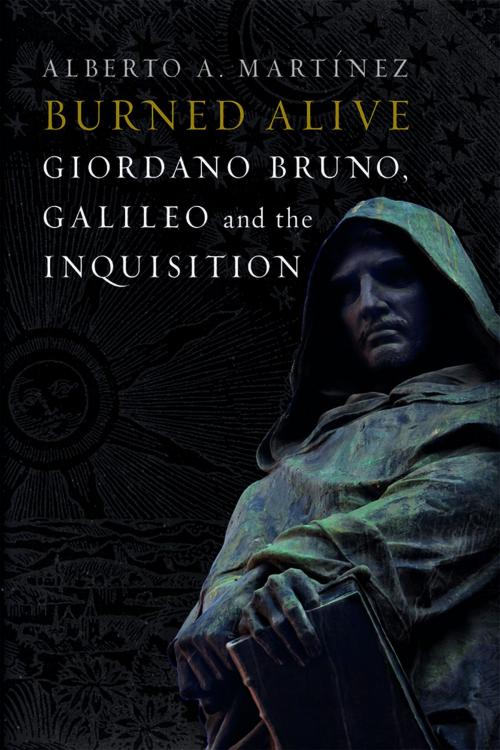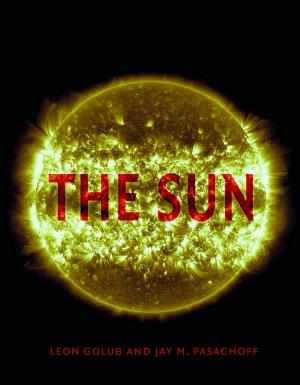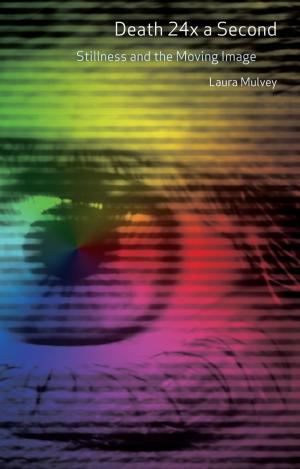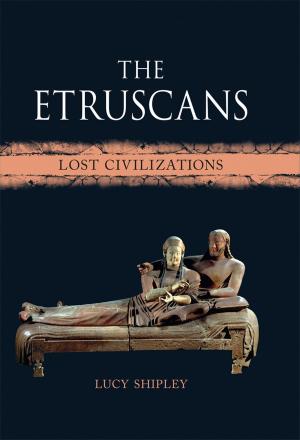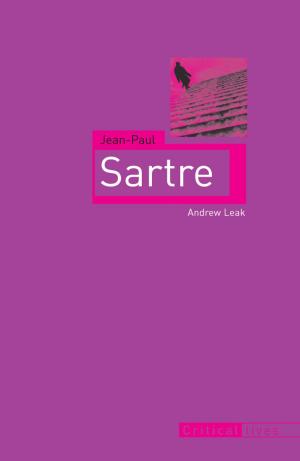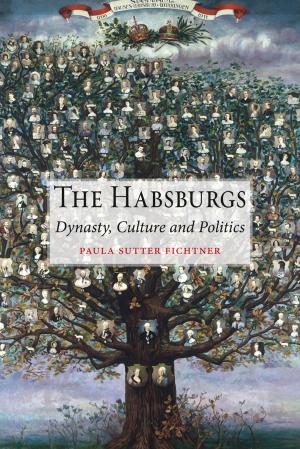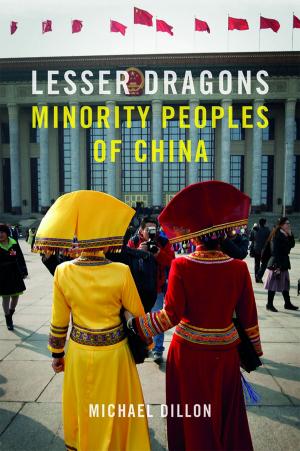| Author: | Alberto A. Martinez | ISBN: | 9781780239408 |
| Publisher: | Reaktion Books | Publication: | June 15, 2018 |
| Imprint: | Reaktion Books | Language: | English |
| Author: | Alberto A. Martinez |
| ISBN: | 9781780239408 |
| Publisher: | Reaktion Books |
| Publication: | June 15, 2018 |
| Imprint: | Reaktion Books |
| Language: | English |
In 1600, the Catholic Inquisition condemned the philosopher and cosmologist Giordano Bruno for heresy, and he was then burned alive in the Campo de’ Fiori in Rome. Historians, scientists, and philosophical scholars have traditionally held that Bruno’s theological beliefs led to his execution, denying any link between his study of the nature of the universe and his trial. But in Burned Alive, Alberto A. Martínez draws on new evidence to claim that Bruno’s cosmological beliefs—that the stars are suns surrounded by planetary worlds like our own, and that the Earth moves because it has a soul—were indeed the primary factor in his condemnation.
Linking Bruno’s trial to later confrontations between the Inquisition and Galileo in 1616 and 1633, Martínez shows how some of the same Inquisitors who judged Bruno challenged Galileo. In particular, one clergyman who authored the most critical reports used by the Inquisition to condemn Galileo in 1633 immediately thereafter wrote an unpublished manuscript in which he denounced Galileo and other followers of Copernicus for their beliefs about the universe: that many worlds exist and that the Earth moves because it has a soul. Challenging the accepted history of astronomy to reveal Bruno as a true innovator whose contributions to the science predate those of Galileo, this book shows that is was cosmology, not theology, that led Bruno to his death.
In 1600, the Catholic Inquisition condemned the philosopher and cosmologist Giordano Bruno for heresy, and he was then burned alive in the Campo de’ Fiori in Rome. Historians, scientists, and philosophical scholars have traditionally held that Bruno’s theological beliefs led to his execution, denying any link between his study of the nature of the universe and his trial. But in Burned Alive, Alberto A. Martínez draws on new evidence to claim that Bruno’s cosmological beliefs—that the stars are suns surrounded by planetary worlds like our own, and that the Earth moves because it has a soul—were indeed the primary factor in his condemnation.
Linking Bruno’s trial to later confrontations between the Inquisition and Galileo in 1616 and 1633, Martínez shows how some of the same Inquisitors who judged Bruno challenged Galileo. In particular, one clergyman who authored the most critical reports used by the Inquisition to condemn Galileo in 1633 immediately thereafter wrote an unpublished manuscript in which he denounced Galileo and other followers of Copernicus for their beliefs about the universe: that many worlds exist and that the Earth moves because it has a soul. Challenging the accepted history of astronomy to reveal Bruno as a true innovator whose contributions to the science predate those of Galileo, this book shows that is was cosmology, not theology, that led Bruno to his death.
